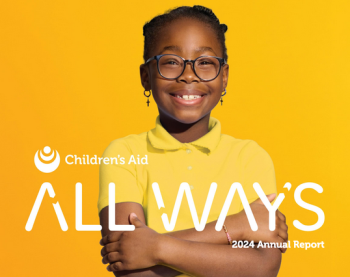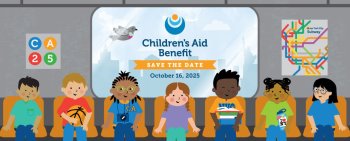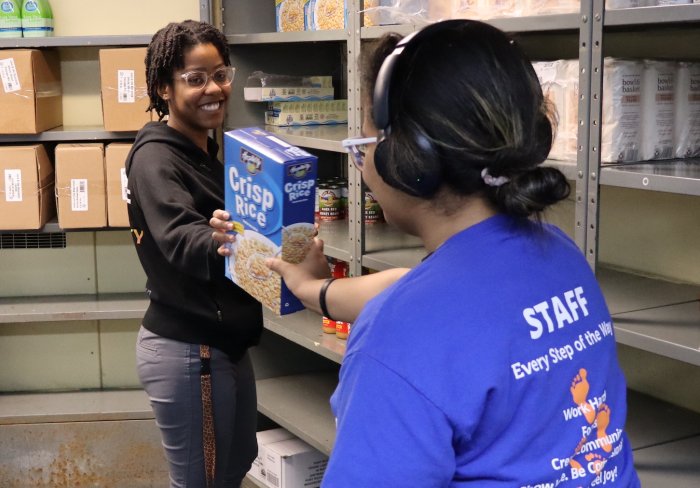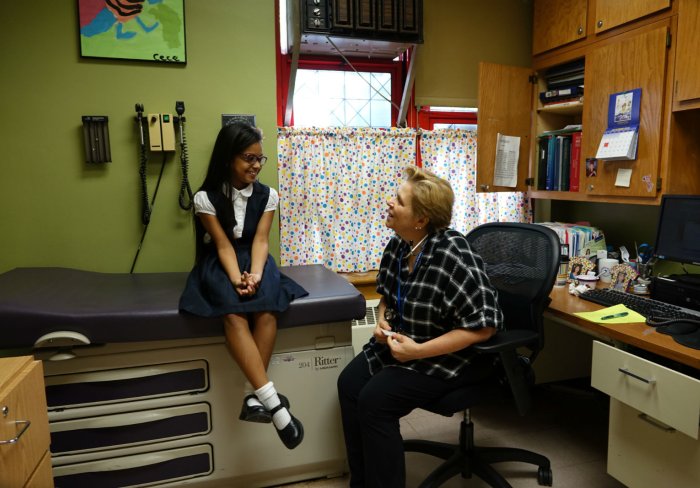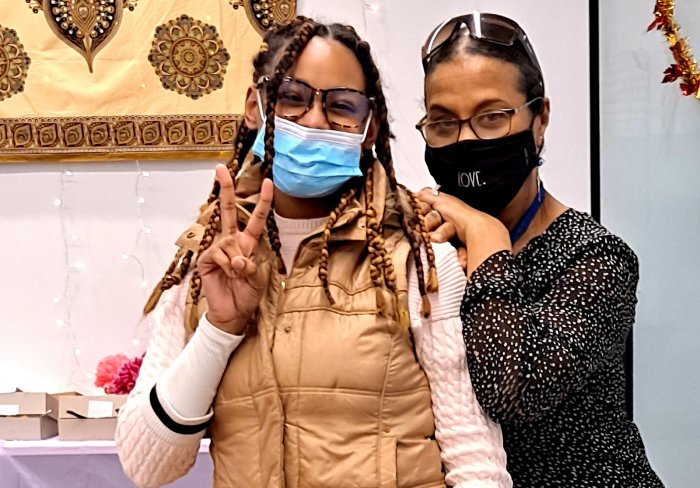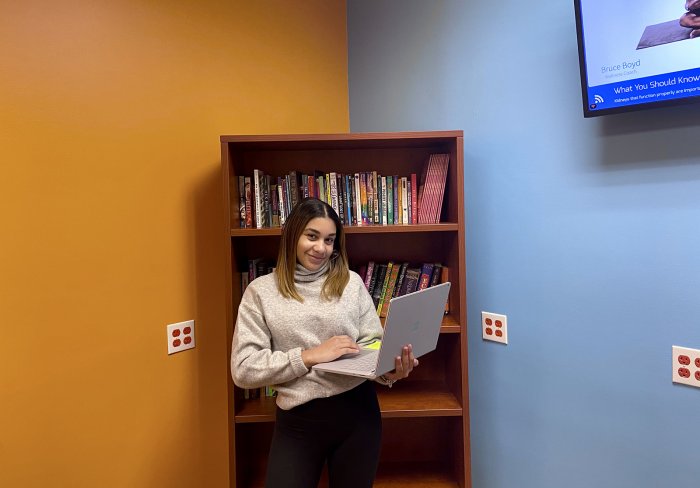Micaela Podlipny graduated with a master’s in forensic psychology in December 2019. She hoped to use her new degree to advocate for the needs of children and families in underserved communities.
A few months later, the COVID-19 pandemic would force schools and businesses across the country to shut down. Suddenly, thousands of New Yorkers were dealing with sickness, job loss, and food insecurity.
The advocate role that Micaela hoped to play was especially needed at this time. In July 2020, she was recruited as a crisis case worker in our preventive services department.
In her role, she supports a group of therapists who practice Multisystemic Therapy for child abuse and neglect (MST-CAN). This program helps families who come under the guidance of Child Protective Services, working to combat the specific risk factors that contribute to child physical abuse and neglect.
Micaela describes herself as the “practical needs person.” She connects families to critical resources and helps them navigate the welfare system.
“If you don’t have a roof over your head or if you don’t have food, it’s hard to make any progress as you’re obviously distracted by practical needs,” she said.
In addition to addressing the many needs of our families, Micaela also had to navigate a new landscape that forced her to take extra precautions when scheduling in-person meetings.
“I always gear toward seeing families in person because the best way to help somebody is to go to them,” Micaela said. “But it adds a little bit more stress both for the family and yourself. There were more resources to give people, but people needed more.”
Though she has only been in her role for a year and a half, Micaela has been recognized for her willingness to do anything it takes to serve her families. MST Services, the organization that developed the international therapy program MST-CAN, honored Micaela with the Whatever It Takes Award in December 2021.
The award is given to those who “demonstrate outstanding and meritorious service within the MST community.”
While therapy is an important component in stabilizing a family, Micaela and her team know it can’t be successful if clients are “worried about hunger or basic needs,” she said.
An important aspect of Micaela’s job includes showing up to clients’ appointments when they need to access services such as food stamps or housing vouchers. The process can be cumbersome and frustrating for those trying to get help.
“Getting food stamps and housing vouchers, it’s not that it’s hard, it’s that the system makes it so difficult to navigate,” she said. “Accompanying people to go do that feels really good because you’re just there as a support. When they struggle to communicate because of trauma, you’re able to provide them with the confidence they need.”
Micaela also focused much of her energy on finding extracurricular activities for young people who spent the majority of the early days of the pandemic inside. Disconnected from their teachers and friends during remote learning, they needed a way to be with their peers again.
Micaela understood that parents desperately wanted their children to interact with people their age, and that the parents needed some form of childcare as they began working or looking for jobs again.
“Parents were really, really struggling and there were hardly any options [for extracurricular activities].” she said. “This one boy, I got him a spot on this basketball camp that he loved. It provides the parent with relief during COVID, and it provides the kid with relief.”
While she is happy to receive the award, Micaela’s satisfaction comes from the responses from the families and her team of therapists.
“It feels good to be acknowledged, but at the same time, I think the validation really comes from seeing families benefit from the resources you provide them,” she said. “It verifies that my team can rely on me and that was bigger than anything else.
